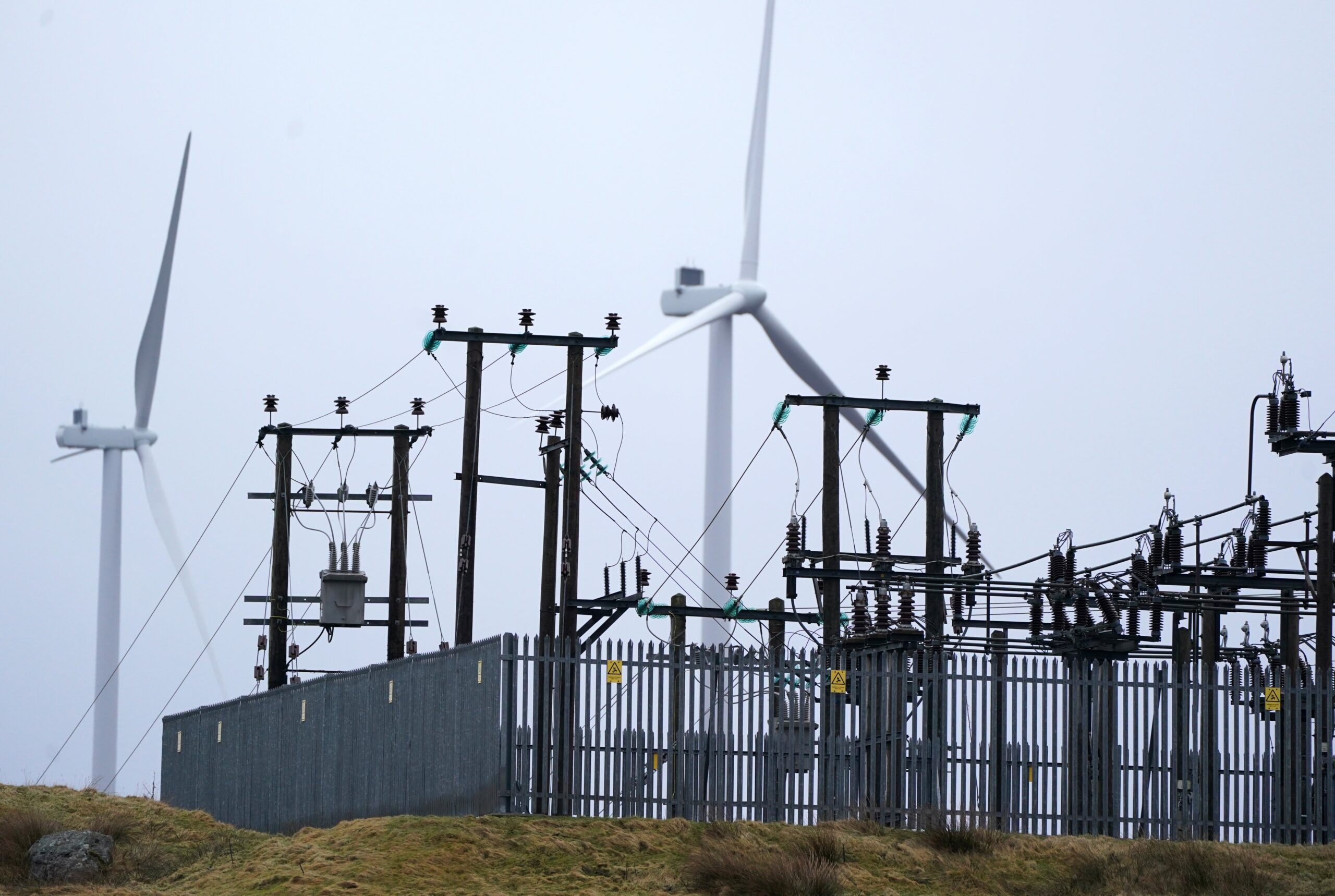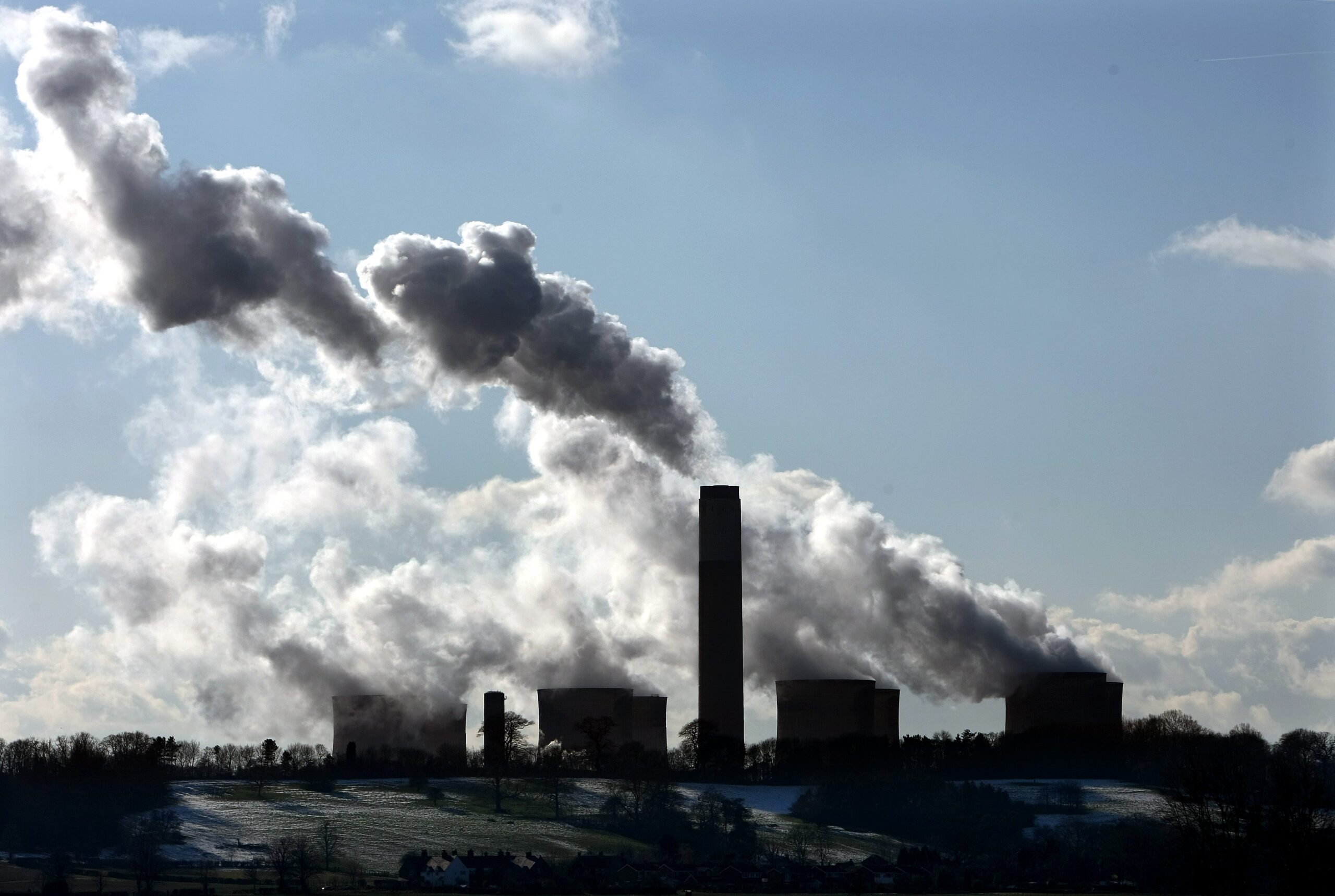The world is reportedly at a “crucial turning point” in the shift towards clean power, with new analysis revealing renewable generation has, for the first time on record, surpassed coal globally.
Global energy research organisation Ember reported that solar and wind power collectively outpaced the growth in worldwide electricity demand during the first half of 2025.
Their team constructed this global picture by analysing monthly electricity data from 88 countries, representing 93 per cent of global demand, before estimating the remaining generation.
It found that renewables generated more power than coal for the first time, and that overall both coal and gas generation saw a slight decline globally, compared to the first six months of 2024.

Małgorzata Wiatros-Motyka, senior electricity analyst at Ember, said: “We are seeing the first signs of a crucial turning point.
“Solar and wind are now growing fast enough to meet the world’s growing appetite for electricity.
“This marks the beginning of a shift where clean power is keeping pace with demand growth.”
The findings indicate that global electricity demand rose 2.6 per cent in the first half of 2025 – up 369 terawatt hours (TWh) compared to the first half of last year.
But in terms of supply, renewables generated 5,072 TWh of global electricity – which marked an increase of 4,709 TWh from the first six month of 2024, Ember said.
This means renewables were found to have overtaken coal generation at 4,896 TWh, which was down by 0.3 per cent or 31 TWh year-on-year.
The analysis also suggests that solar and wind together grew quickly enough that they can now meet total demand growth in some circumstances, while fossil fuels saw a global decline.
Solar met 83 per cent of the rise because of a record growth in generation in absolute terms, equating to 306 terawatt hours and a 31 per cent year-on-year rise, Ember said.
Meanwhile, the total decline in fossil fuel generation was found to be 0.3 per cent – a reduction of 27 TWh.
As a result, Ember estimates that global power sector emissions fell by 0.2 per cent in the first six months of 2025.
The researchers said the drop is modest but significant and that the rise of renewables will likely outstrip demand growth for longer and longer periods.
In terms of the four biggest economies, China and India both saw fossil generation fall in the first half of 2025 as clean power growth outpaced demand.
By contrast, fossil generation rose in the US and the EU, with the former’s demand growth outpacing clean power and the latter seeing weaker wind and hyrdo output.
Sonia Dunlop, chief executive of Global Solar Council, said: “This analysis confirms what we are witnessing on the ground: solar and wind are no longer marginal technologies – they are driving the global power system forward.
“The fact that renewables have overtaken coal for the first time marks a historic shift.

“But to lock in this progress, governments and industry must accelerate investment in solar, wind, and battery storage, ensuring that clean, affordable, and reliable electricity reaches communities everywhere.”
Julia Skorupska, head of secretariat at the Powering Past Coal Alliance (PPCA), said: “Renewables overtaking coal for the very first time is a sign of how the economics of power generation have been transformed.
“There is a clear economic case for replacing coal with renewables, which are now the cheapest forms of energy in most of the world.
“The transition from coal to renewables underpins competitiveness, enables energy security, creates good jobs and lowers electricity prices and air pollution risks for citizens.
“With COP30 around the corner, countries have the opportunity to work together to accelerate this shift.”
Minister for Climate Katie White said: “The world is moving on clean energy and climate action, because countries can see it is in their national interests and the route to energy security.
“That’s why in Britain we’re getting on with delivering our clean energy mission – it is securing billions of pounds in investment for local communities, supporting skilled jobs and creating economic growth across the country.”
